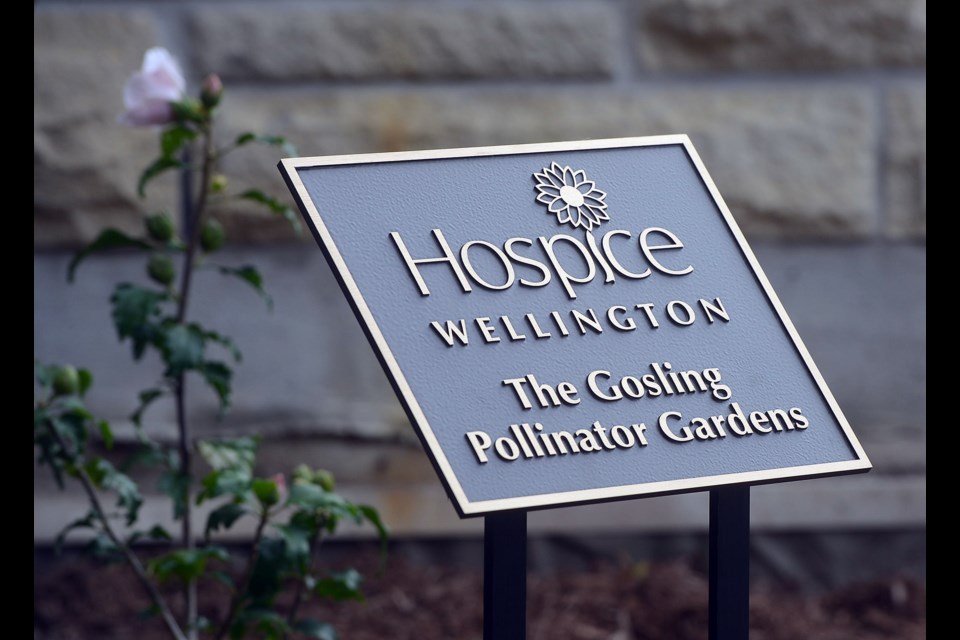GUELPH-WELLINGTON - Since the start of the pandemic, caregivers have reportedly been feeling overwhelmed, overworked and burned out.
“Research shows that in the last 12 months of a patient's life, the medical care provided to a patient adds up to about 20 per cent of the total care. That leaves the other 80 per cent of care to be supported by the caregiver. Now it makes sense that caregivers have expressed feeling overwhelmed and stretched during this time,” said Angela Hammond, palliative social worker and mental health therapist at the Upper Grand Family Health Team, in an interview.
“One in five caregivers have said that their physical and mental health has suffered as a result of their caregiving responsibilities. The decline in health can happen when they are not taking time for self-care and are spread too thin with all they are looking after.”
Hammond noted the pandemic has definitely affected caregivers due to the lack of resources that have become available – self care activities have been scarce due to the restrictions and additional help has been difficult to attain.
“Caregivers do a lot and 80 per cent of the work is passed on to you and on top of this, you have work or kids to deal with. So, caregivers tend to neglect themselves; they’ve really just been all alone,” said Hammond.
“This is why we decided to do a care map workshop as it makes caregivers think what their needs are and allows them to map out who they can ask for help in the community. Now, we’re coming out of the restrictions, we thought that caregiving still hasn’t received enough support.”
Hospice Wellington in partnership with Upper Grand Family Health Team is hosting a care map workshop aimed for caregivers on June 21 at 6 p.m.
A care map helps a person visualize and easily understand the many different connections between the people involved in caring for someone and identify gaps.
Essentially, it allows caregivers to map out who is the best person in their community to do a certain task, so the caregiver isn’t burdened with all of the work.
The workshop is for people in the community who are currently in a caregiving role, those who are receiving caregiving support, or other members of the community who would like to learn more about care maps in order to share it with loved ones, friends, and neighbours.
Hammond explained she attended a workshop on how to create care maps and approached Hospice Wellington to partner together in providing a workshop for the Guelph-Wellington community.
The idea was an inspiration from Atlas of Care’s care map in which it shows relationships of care – any sort of relationship a person may have with another where they give or receive help, support or advice.
“Many have found that a care map helps them better understand their current situation, plan for potential difficulties, manage the many people involved, identify missing people and services, and communicate with everyone,” she said.
“In addition, visualizing the care ecosystem often helps people appreciate what is working well, and take note of what isn’t.”
The workshop will be on Zoom and will teach participants on how to create a care map, and inform them of its importance.
“With 25 per cent of the Canadian population currently taking on a caregiving role, there is a need to support them,” she said.
Anyone interested in joining the workshop must register online.



